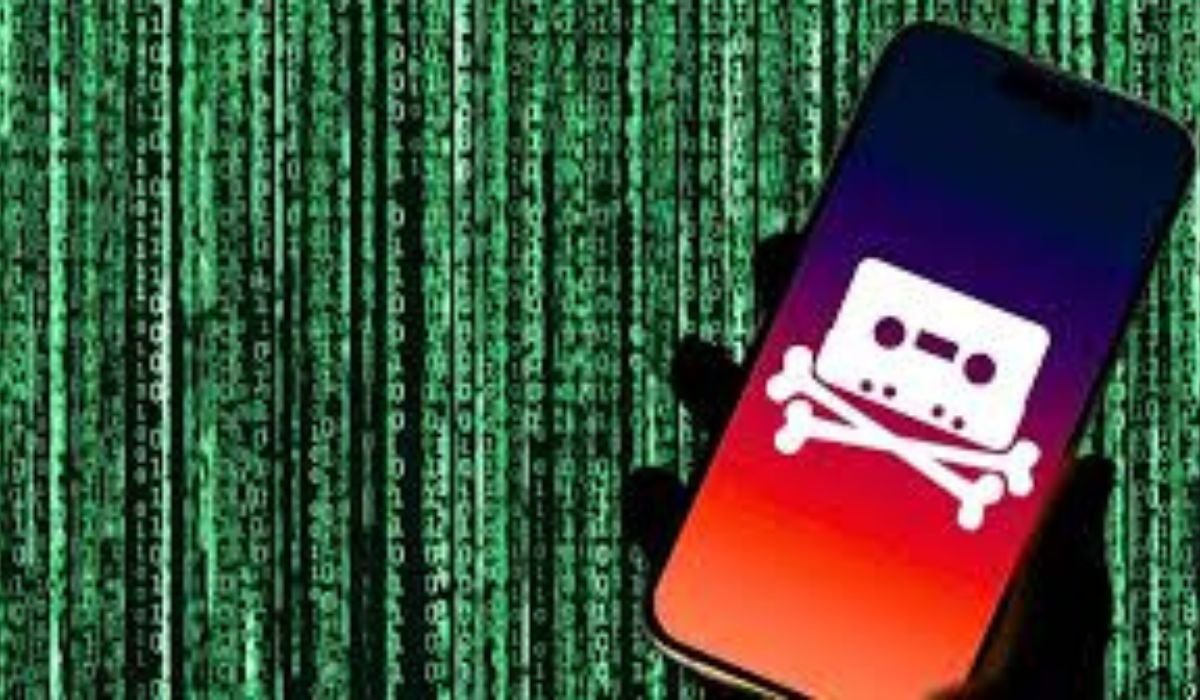The Cultural and Emotional Toll of Stolen Music
Ever clicked “download” on a pirated track and felt a twinge of guilt? Think about the artist behind the music – every stream or download from an illegal source can feel like a stab to an artist’s dream. For listeners, pirated music is just a free click – but for the creator it feels like a personal betrayal. Music is more than ones and zeroes; it’s the beating pulse of culture. When that pulse is ripped away without permission, it can mean a lost opportunity – emotionally and culturally.
Counting the Cost: The Economics of Piracy
The financial damage of piracy isn’t small change. One analysis found that recorded music piracy costs the U.S. economy $12.5 billion in lost output each year, along with 71,060 jobs. These are not abstract numbers – they represent wages that could have paid an engineer or funded another album pressing. Each illegal download is one fewer album sale and one less ticket bought for a show. When those dollars vanish, studio techs go unpaid and the local music economy stalls.
The sting can be especially sharp for emerging artists. Professor Nelson Granados puts it in perspective: for an indie musician earning around $40,000 a year, losing 10% in royalties is like Katy Perry bleeding $13.5 million out of her nine-figure income. In real terms, one pirated album can wipe out a year’s income for a garage band on a shoestring budget. Imagine an indie singer-songwriter depending on every album sale to pay rent.
Major-label artists, by contrast, face a different game: big labels bundle streaming revenue with tours, merchandise, and licensing deals. A leak might sting, but it won’t sink a whole multi-million-dollar campaign. Yet piracy still nibbles at the edges. About 63% of U.S. music piracy involves ripping audio from YouTube, and illegal streaming sites make up another third of piracy traffic. Even as Spotify and Apple Music boom, these sidetracks quietly chip away at the bottom line.
Battling Piracy: Laws and Lawsuits
We’ve not sat idle. Congress and courts have fought back to protect creators. The story reads like a timeline of rallying calls:
- 1998 (DMCA): The Digital Millennium Copyright Act was passed, giving online platforms safe harbor if they promptly takedown pirated content, and outlawing the cracking of digital locks on music. It was an early shield for artists in the digital wilds.
- 2001 (Napster): The Ninth Circuit held Napster liable for contributory copyright infringement. Napster had boomed to about 80 million users, but was forced offline. It proved file-sharing networks could be sued out of existence.
- 2005 (Grokster): The Supreme Court unanimously ruled in MGM v. Grokster that a company selling software that actively induces piracy can be held liable. In short, if you sell the shovels and cheer on the digging, you bear the blame.
- 2000s (RIAA cases): The record industry famously sued individual downloaders. One Minnesota mother was hit with a $222,000 verdict for sharing 24 songs – just one of thousands of cases designed to scare off would-be pirates.
- 2013/2018 (ReDigi): In Capitol Records v. ReDigi, courts tackled the idea of reselling “used” MP3s. Judges found that transferring a file always makes a new copy, so the first-sale doctrine didn’t apply. In effect, you can’t legally resell a downloaded track.
Each of these legal blows was meant to stem the tide of piracy, but the fight keeps evolving as tech changes.
The Changing Face of Piracy: From Napster to Telegram
Pirates adapt like chameleons. In the 2000s, Napster and LimeWire were the Wild West of free music – college kids swapping MP3s like endless mixtapes. Then BitTorrent sites like Pirate Bay turned piracy industrial, hosting entire discographies at lightning speed.
For a while, cheap streaming subscriptions seemed to tame the tide. But pirates adjusted their maps. Wired found 17 billion visits to pirate music sites in 2023 (a 13% jump from 2022) – and most of those were to tools that rip audio from YouTube. Suddenly, fans could download fresh tracks with just a click.
Today the slyest pirates lurk in encrypted apps and secret corners of the internet. Telegram channels and Discord servers serve as illicit music bazaars, and some sketchy sites masquerade as streaming platforms, hosting new albums just hours after release. It’s a digital game of whack-a-mole: as soon as one Napster falls, another pirate pops up. Where will listeners turn next?
Independents vs. Majors: Uneven Effects
Not all artists feel the same pinch. Picture two acts: a hometown singer-songwriter on Bandcamp, and a pop superstar on a major label. When that album leaks illegally, the indie artist feels it in the wallet immediately. She likely spent her savings on recording it, and each stolen download is like watching her rent money vanish.
Major-label artists play a different game. Big labels bundle streaming revenue with tours, merchandise, and licensing deals. A leak might sting, but it won’t sink a whole multi-million-dollar campaign. Piracy can even give smaller artists a bit of exposure – spreading a name far and wide, sometimes leading to more concertgoers and merch sales. But if those extra ears don’t pay, it’s still lost revenue.
Indies often stand alone with a single album or tour to their name. For them, every pirated track feels personal – like watching a robber empty the tip jar at the local record shop. Big labels have lawyers and budgets to cushion the blow. It’s the difference between a small shoplifting loss and a corporate write-off.
Looking Forward: Adaptation and Hope
Is there any silver lining? One is that piracy has forced innovation. We might not have Spotify or Apple Music without Napster challenging the status quo – those services gave fans instant access and undercut the urge to pirate.
Today many artists double down on direct fan engagement and alternative income. Limited vinyl pressings, exclusive fan clubs, and live-stream events have become new countermeasures. Even the courts have stepped in: in 2023 a judge ordered two YouTube-ripping sites to pay over $80 million in damages. That shows that as tech shifts, the law can still hold violators accountable.
Ultimately, music piracy in the U.S. will keep evolving – maybe next with AI-generated leaks or some new file-sharing app. One thing is certain: for every advance in access, an artist somewhere feels the sting of a missed paycheck. Remember: every listen has impact. Supporting music through legal streams or purchases keeps those artists funded. For a deep dive on all sides of this issue, check out BytesCare’s blog on the pros and cons of music piracy.



